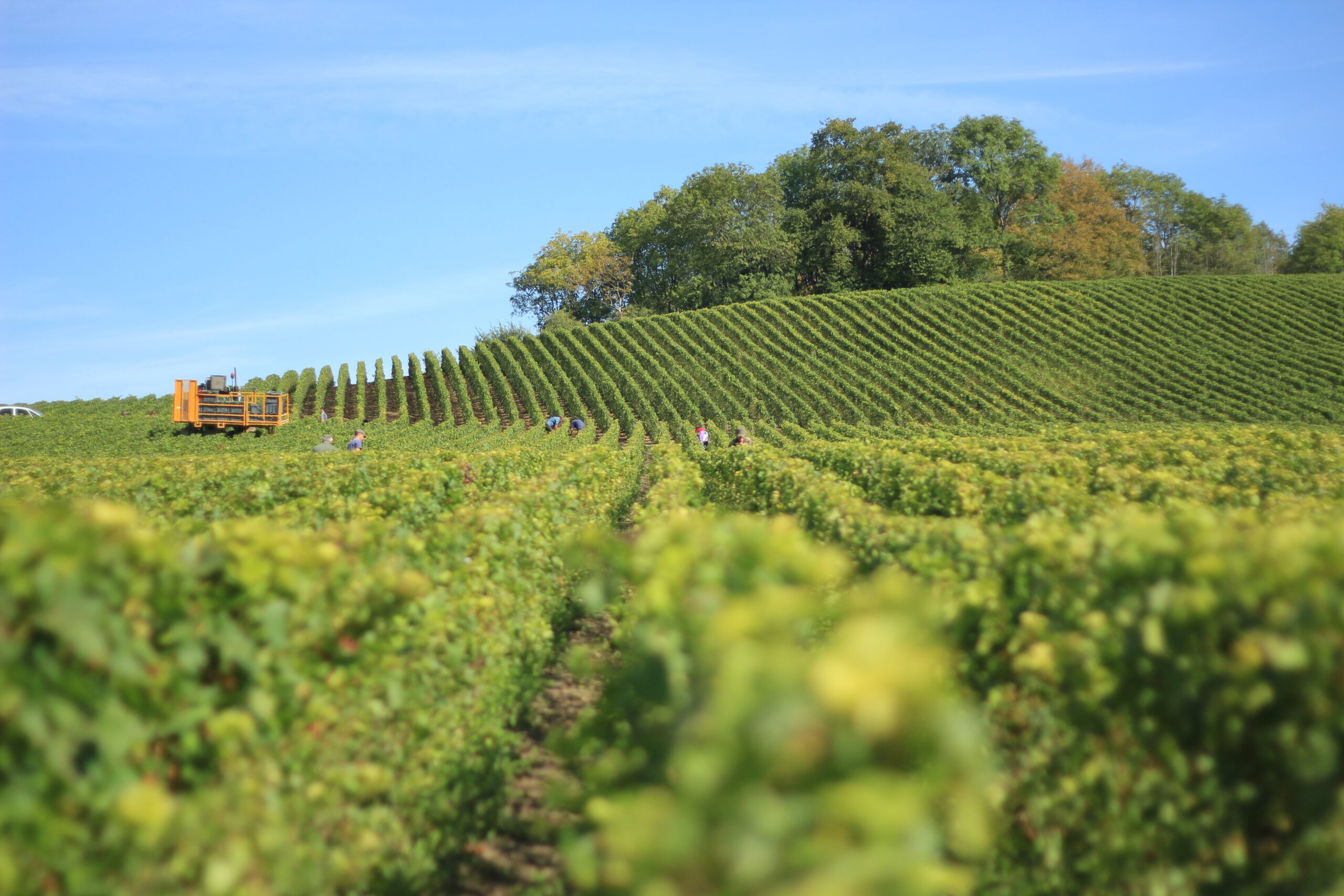
Public Perceptions of Agrichemicals
Understanding public perceptions, risk perception, and the public, risk acceptability and pesticides, and consumer perceptions of animal drugs. Author: Eileen

Public Perceptions of Agrichemicals
Understanding public perceptions, risk perception, and the public, risk acceptability and pesticides, and consumer perceptions of animal drugs. Author: Eileen

Foodborne Pathogens: Risks and Consequences
Better data on microbial risks are needed to make the U.S. food supply safer. Cochairs: Peggy M. Foegeding, Department of

How Much Land Can Ten Billion People Spare for Nature?
Advances in farming technology combined with changing values and diets could ensure that the world’s population will use existing cropland

Water Quality: Agriculture’s Role
This report discusses modern agriculture’s impacts on the environment, especially surface and groundwater. This report increases the understanding of the

Preparing U.S. Agriculture for Global Climate Change
Covers all aspects of the subject, emphasizing adaptation to changes, emission of greenhouse gases, the impact of climate change. Chair:

This CAST report supports dietary recommendations to decrease food fat consumption from the present national average of 37% to less

Ecological Impacts of Federal Conservation and Cropland Reduction Programs
Addresses the ecological implications of several programs established in the 1985 Food Security Act, including the Conservation Reserve Program (CRP),

Mycotoxins: Economic and Health Risks
This report stresses the importance of the economic and health risks of naturally occurring fungal toxins known as mycotoxins. These

Ionizing Energy in Food Processing and Pest Control: II. Applications
NOTE: A number of years ago, CAST published two reports dealing with the irradiation of foods: Report 109, July 1986

Long-Term Viability of U.S. Agriculture
What is the future of American agriculture? This report examines the economic, environmental, and social dimensions of the agricultural sector.